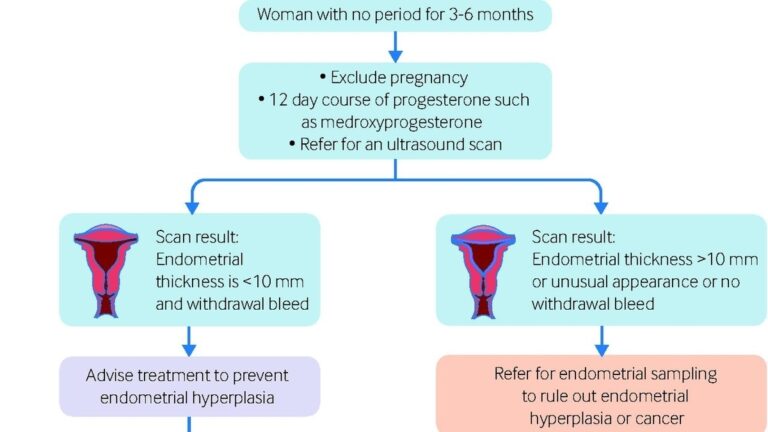Many marketing strategies have emerged in the digital age, and one of the most powerful is the use of feminist narratives. This approach is particularly prevalent in the health industry, where companies leverage the language of feminism in marketing their products. However, a recent call for collective action against commercial organizations by @feminineupheave highlights the need for oversight in this area. This article explores the intersection of feminism and consumerism in the healthcare industry and its impact on women's health and well-being.
Feminist narratives in health marketing
Research conducted by the University of Sydney highlights the potential harm that can result from using feminist narratives to promote products that are not evidence-based. Such practices risk inappropriate medicalization, overdiagnosis, and overtreatment of women. Two notable examples of this include anti-Mullerian hormone (AMH) testing and breast density notifications.
The AMH test that some fertility clinics and online companies sell to healthy women is a clear example of feminist discourse being used. The test is being sold under the guise of feminist empowerment, despite clear evidence that the test is ineffective at predicting fertility. Similarly, breast density notifications are being used to encourage additional screening without solid evidence, increasing anxiety and confusion among women.
The need for transparency and balanced information
Although the use of feminist rhetoric in health marketing is alarming, the solution is not to eliminate it completely. Instead, we need transparency and balanced information. Simplified health messages, while appealing, can be misleading and harmful. Companies must take responsibility for stating the limitations of their products and providing clear evidence of their benefits.
Furthermore, advocacy coalitions play an important role in this context. By promoting transparency, scrutinizing conflicts of interest, and ensuring that the goals of feminist health advocacy are not undermined by commercial interests, we can help protect and improve women's health.
Feminism and consumerism: A call for scrutiny
The exploitation of feminist narratives for commercial gain is an issue that requires critical examination. Abusing empowerment rhetoric to market interventions without evidence can lead to unnecessary treatment and overdiagnosis of women. For example, AMH tests are sold to women who do not want fertility treatment with the promise of empowerment, even though they cannot reliably predict fertility. Similarly, advocacy around breast density notifications overlooks the lack of solid evidence of benefit and may be financially driven by corporations.
Conclusion: A call to collective action
In conclusion, the intersection of feminism and consumerism in the health industry is a complex issue. The use of feminist rhetoric by companies to sell products is a notable trend that requires further investigation. As consumers and advocates, we must strive for balanced information, transparency, and a critical eye for marketing strategies. Only then can we ensure that the goals of feminist health advocacy are not undermined by commercial interests and that women's health and well-being are truly prioritized.


